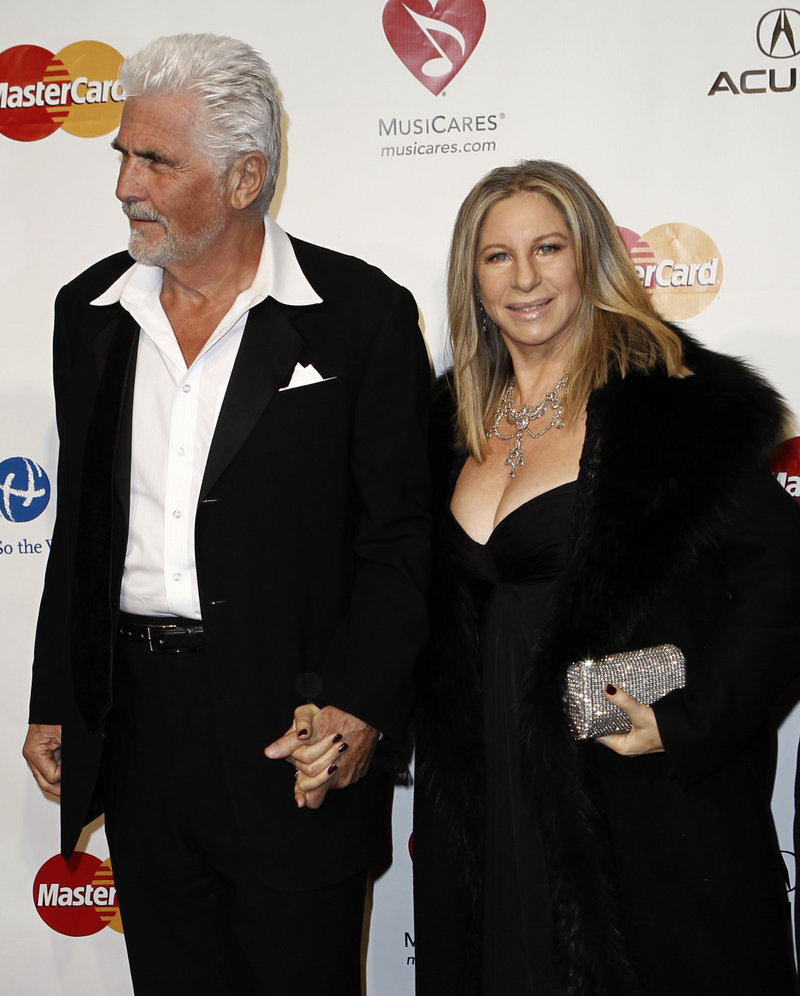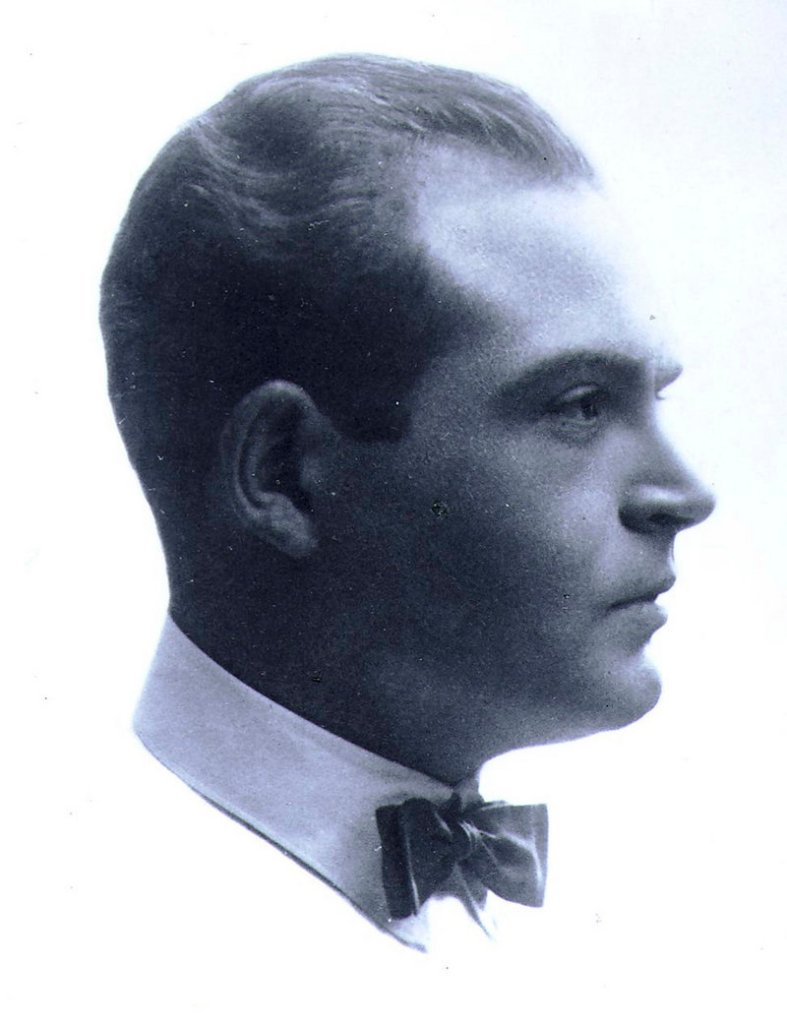LOS ANGELES – Stevie Wonder, Tony Bennett and a trio of “Glee” stars led Barbra Streisand on a musical journey through her nearly 50-year career.
They joined Faith Hill, Barry Manilow and Seal in launching Grammy weekend by honoring the Oscar-winning singer and actress as MusiCares Person of the Year on Friday night.
Streisand, who turns 69 in April, was singled out for her musical achievements and philanthropic work.
“I said yes because it’s such a wonderful organization that takes care of their own — the people who actually create the music,” she told the audience.
The evening’s standing ovations went to Wonder, Bennett and Streisand, who closed the show with what she called “the leftovers” of her hits at the Los Angeles Convention Center.
Wonder played piano and harmonica on “People,” accompanied by trumpeter Arturo Sandoval.
“I want you to know when I was 12 years old, I said, ‘I wish she could be my girlfriend because she sounds so good,’ ” Wonder told more than 2,000 guests.
Bennett did “Smile,” a song he and Streisand dueted on in his 2006 TV special.
With Herbie Hancock at the piano, 17-year-old Canadian Nikki Yanofsky sang a jazzy take of “On a Clear Day You Can See Forever” from Streisand’s 1970 movie of the same name.
Diana Krall played piano on “Down with Love” from 1963, while Lea Michele of “Glee” belted out “My Man” from 1965.
Matthew Morrison, Michele’s castmate on the hit Fox show, and Kristin Chenoweth dueted on “One Less Bell to Answer/A House is Not a Home.”
Darren Criss of “Glee” opened the show with “What Kind of Fool” before he and his a capella backups blew kisses to Streisand, who was seated in the audience next to her husband, James Brolin.
“My niece recently watched a DVD of ‘Funny Girl’ for the first time and asked why I was singing songs from ‘Glee,”‘ Streisand said, drawing laughs.
Work by Polish-born composer in the running for Grammy award tonight
DENTON, Texas – Paul Kletzki lost his inspiration to compose music after his sister and parents died in the Holocaust.
The native of Lodz, Poland, who wrote and conducted in Berlin before leaving Germany in the 1930s, went on to achieve international acclaim as a conductor but his own musical compositions faded into obscurity.
Now, one of his pieces from the early 1930s, a piano concerto, has been revived by a project at the University of North Texas, and a performance of the work will be in the running for a Grammy award tonight.
“It’s very emotionally charged. It’s significant music,” said University of North Texas piano professor Joseph Banowetz, who performed the piece with the Russian Philharmonic Orchestra. He said the piece is technically demanding.
The piece, Piano Concerto in D Minor, Op. 22, from 1930, was revived by the Lost Composers and Theorists Project, which showcases music from the 1920s, 1930s and 1940s that was suppressed by the Nazis or otherwise lost. Nazi policies banned the work of Jewish musicians.
So far, the project has brought attention to the work of 10 composers and music theorists.
Send questions/comments to the editors.





Success. Please wait for the page to reload. If the page does not reload within 5 seconds, please refresh the page.
Enter your email and password to access comments.
Hi, to comment on stories you must . This profile is in addition to your subscription and website login.
Already have a commenting profile? .
Invalid username/password.
Please check your email to confirm and complete your registration.
Only subscribers are eligible to post comments. Please subscribe or login first for digital access. Here’s why.
Use the form below to reset your password. When you've submitted your account email, we will send an email with a reset code.